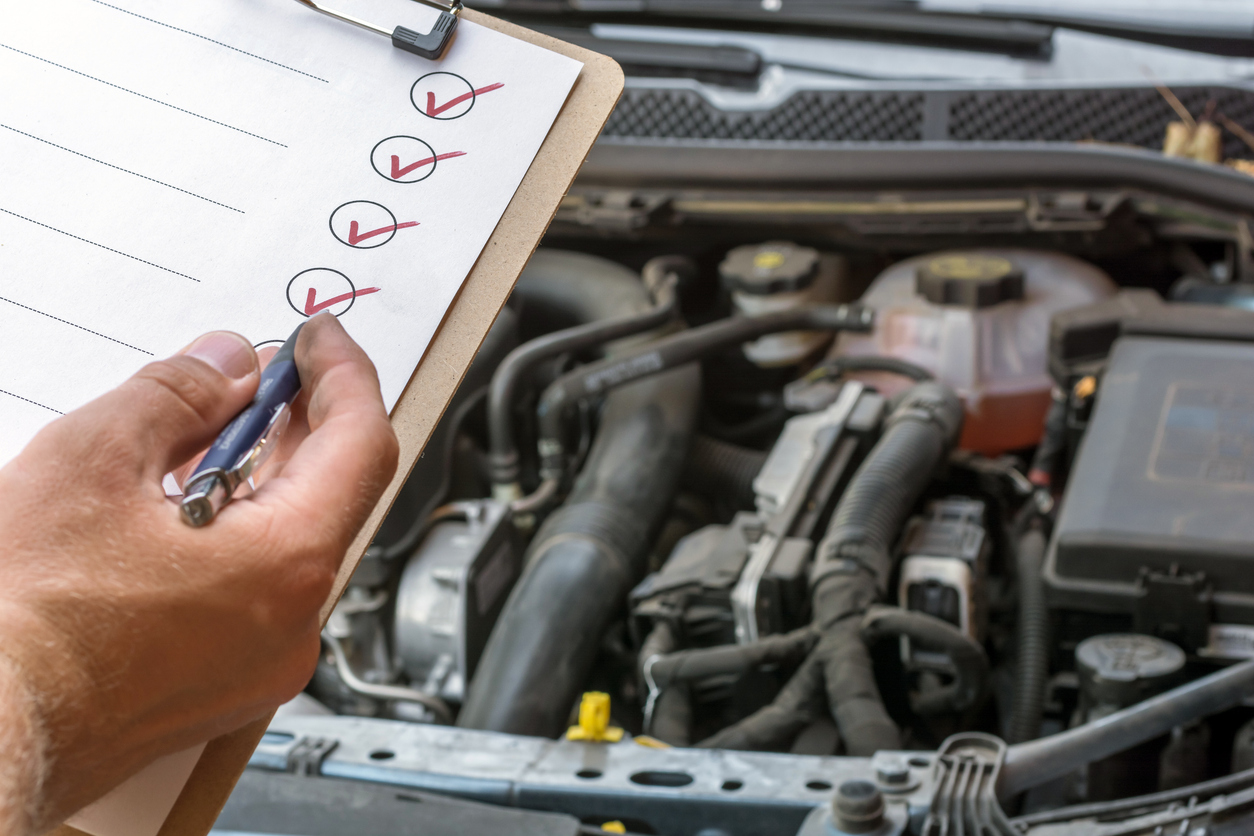Californians love their motorcycles.
In 2019, the state reported the highest number of registered private and commercial motorcycles in the country. If population trends continue in the same direction, the state should exceed the one million mark for registered motorcycles before the end of this decade. From riding in the low desert to scaling the rugged terrain in the high Sierras, motorcycles are a popular way to get around The Golden State.
Unfortunately, some motorcycles turn out to be lemons, which begs the question, do motorcycle buyers enjoy the same legal protections that car buyers enjoy when it comes to California lemon law.
What started as a glistening machine has broken down into several worthless parts. If your motorcycle has undergone several warranty-backed repairs, the time has come to consider filing a lemon law claim.
Federal Lemon Law
According to the Magnuson-Moss Warranty Act, motorcycle buyers are protected in the same way as buyers of automobiles. This means you might have a lemon on two wheels if your bike has undergone a certain number of repair attempts over a specific period. Repair attempts refer to one or more attempts to fix the same defect, as opposed to making several repairs that address different issues.
During the warranty period, a motorcycle owner can claim lemon status if the bike has gone through a minimum of three repairs for the same issue or a minimum of six repairs to address several malfunctions. The number of repair attempts must fall within the period of the warranty plus up to four more years. Four extra years gives motorcycle owners the flexibility to file a lemon law claim under the Magnuson-Moss Warranty Act.
California Lemon Law
According to the Magnuson-Moss Warranty Act, federal lemon law treats all types of vehicles the same. However, the same cannot be said for California lemon law, which covers automobiles a bit differently than how it covers boats, trailers, and motorcycles.
Motorcycles receive protection under California Civil Code Section 1793.2(d)(1). This section of the California Civil code covers consumer goods that include a written warranty and are bought for household, family, and/or personal use. A motorcycle manufacturer has the option to either replace or buy back a defective motorcycle. California Civil Code for consumer goods requires a “reasonable number” of repair attempts before a motorcycle receives the designation as a lemon.
Four Factors That Make a Motorcycle a Lemon
The general definition of a lemon is buying a consumer good that breaks down shortly after a consumer purchased the consumer good. However, for a motorcycle, you need to check off four factors before you can call your bike a lemon.
- Motorcycle requires multiple repairs
- Motorcycle spent a minimum of 30 days in a repair shop
- You must notice defect(s) before a certain number of miles
- You did not cause the defect(s)

How to Deal with a Lemon Motorcycle
The most important thing to do right after discovering a major defect is to practice the mantra of “safety first.” Even a small issue can place a motorcycle owner in harm’s way. Never drive your bike when it has the most minor of defects.
Here is what else you need to do:
Pay Attention to the Mileage
California law states motorcycle owners can report a lemon only if the bike has registered a certain number of miles. If you face extensive damage to your bike early on, make sure to get it in for repairs to ensure you qualify for lemon status.
Maintain Accurate Records
Do not rely on your mechanic to complete the paperwork required to file a California lemon law claim. Make copies of every receipt and organize the hard copies in a divided folder. Scan and upload a copy of every receipt to a file located on a computing device. Paperwork should include conversations that you had with your mechanic, as well as any correspondence sent to you by the manufacturer.
Know Your Rights
Many motor vehicle manufacturers bank on customers not knowing the rights they have under both state and federal law. Spend time learning the nuances of California lemon law to keep your motorcycle manufacturer honest.
Contact a Lemon Law Attorney
Working with a California consumer protection lawyer can help you get a better understanding of your rights. Your attorney also can help you organize the documents you need to file a lemon law claim. Consumer protection attorneys typically work on a contingency fee basis, which means your lawyer gets paid when you resolve your lemon law claim





